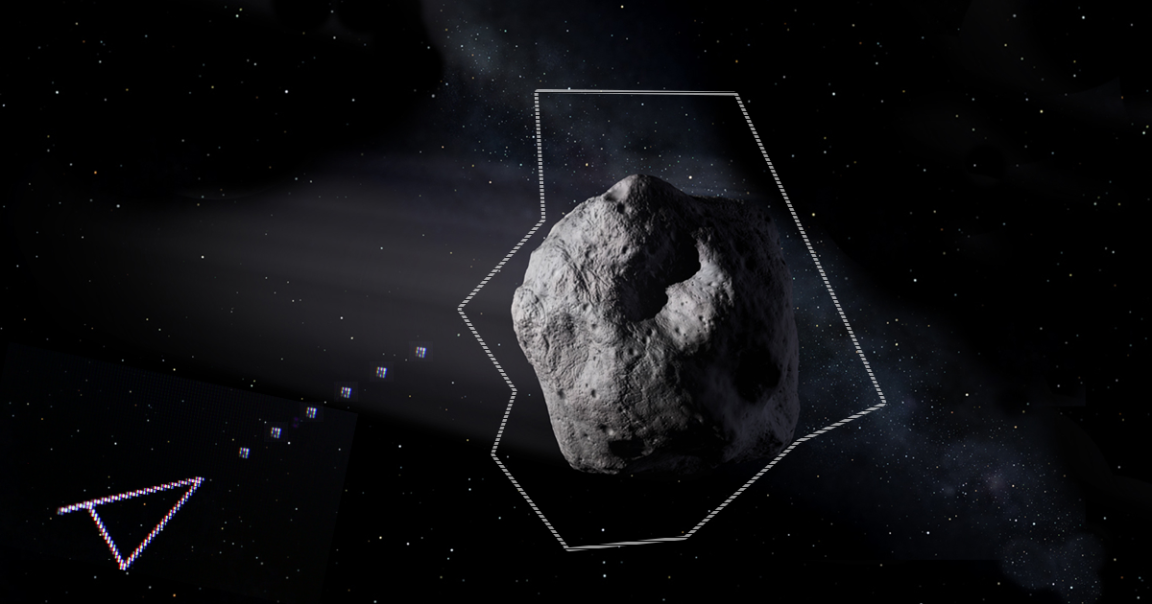
Armageddon 2: The Asteroid Wins
It’s a very good thing an asteroid isn’t hurtling toward the Earth right now — because our current calculations on what it would take to destroy it might be way off.
“We used to believe that the larger the object, the more easily it would break, because bigger objects are more likely to have flaws,” Charles El Mir, one of the researchers behind a new Johns Hopkins University study on asteroid collisions, said in a press release. “Our findings, however, show that asteroids are stronger than we used to think and require more energy to be completely shattered.”
Crunched Numbers
The researchers detail how they reached that conclusion in a study set for publication in the March issue of the journal Icarus.
They started by creating a new computer model to simulate what would happen if an asteroid about one kilometer (.6 miles) in diameter slammed into another, with a diameter of 25 kilometers (15.5 miles), at a speed of five kilometers per second (3.1 miles per second).
Because the Johns Hopkins team’s model took into account more smaller-scale processes than previous simulations, it was able to provide what the researchers believe is a more accurate picture of what would happen during such a collision: rather than break apart entirely, as expected by previous models, the bigger asteroid would crack only partially.
Major Threat
According to researcher K.T. Ramesh, the team’s study reveals that we need to rethink what it would take to destroy an asteroid — before we actually have to destroy one.
“We are impacted fairly often by small asteroids, such as in the Chelyabinsk event a few years ago,” Ramesh said. “It is only a matter of time before these questions go from being academic to defining our response to a major threat. We need to have a good idea of what we should do when that time comes — and scientific efforts like this one are critical to help us make those decisions.”
READ MORE: Breaking up is hard to do: Asteroids are stronger, harder to destroy than previously thought [Johns Hopkins University]
More on asteroids: Retired Astronaut: NASA Left Earth Defenseless Against Asteroids